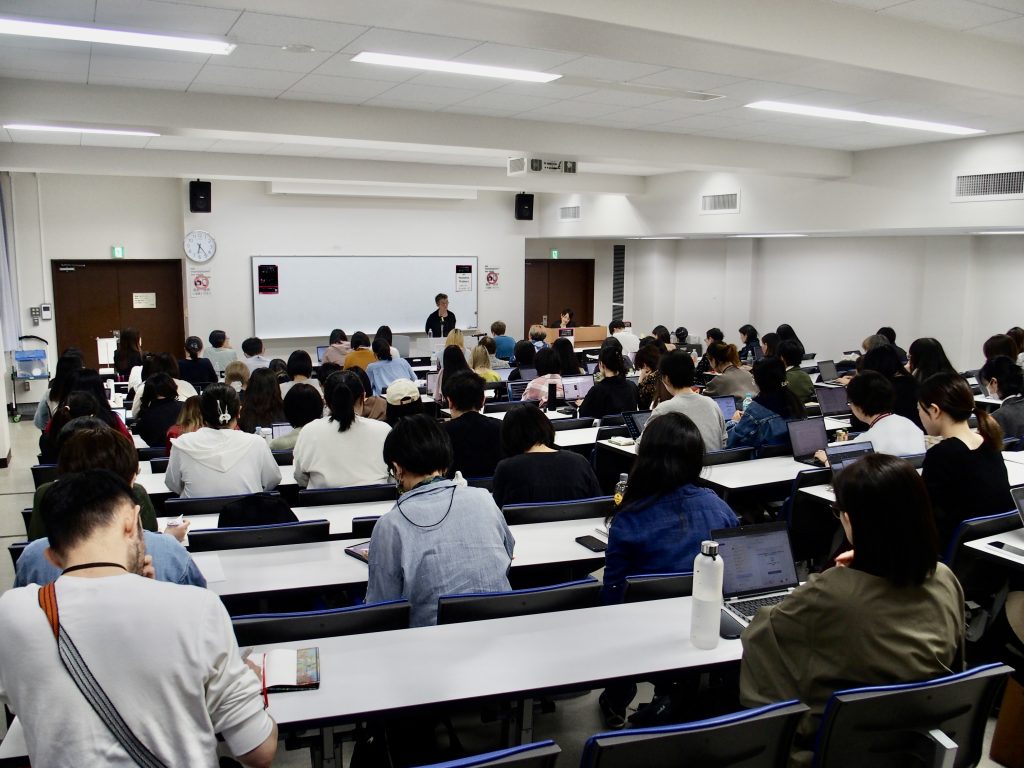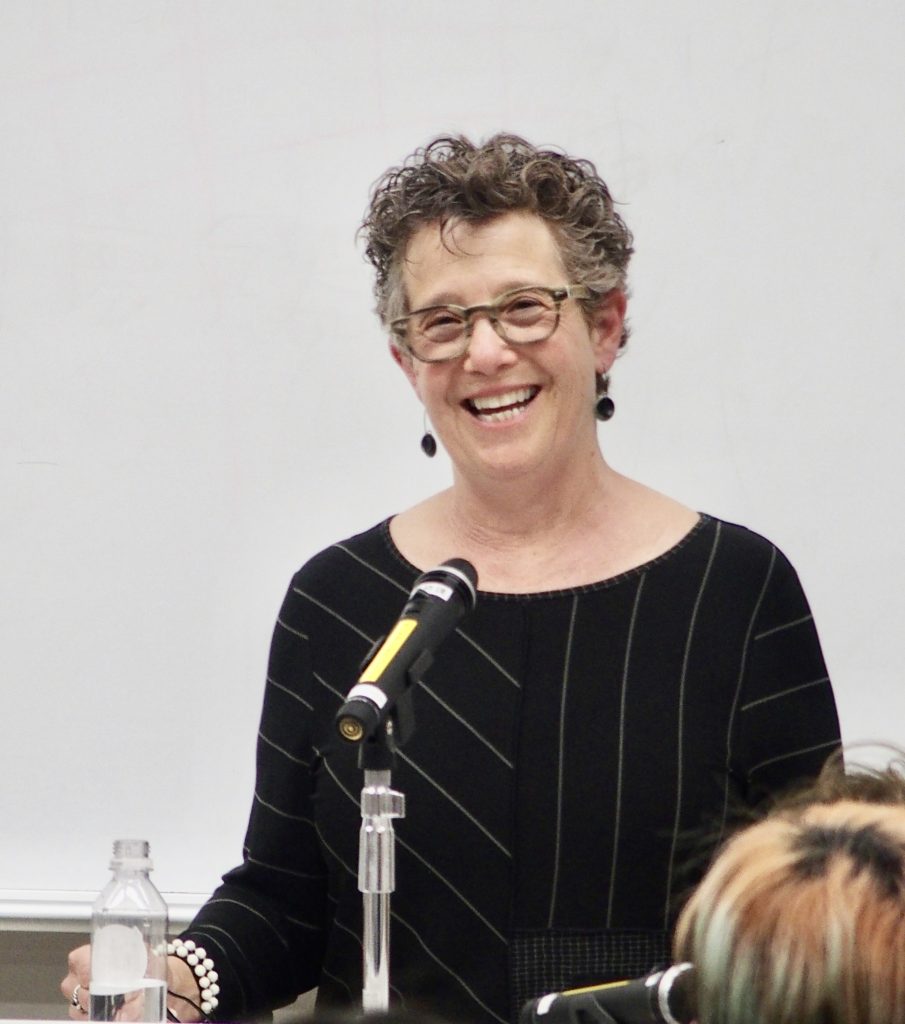2024.7.31 IGS Seminar
On Loving Feminism in Troubled Times
This lecture to commemorate the 50th anniversary of the Institute of Gender Studies focused on the challenges faced by feminism in the US under the Trump administration, commonalities with Japan, and explored potential future directions.
Dr Walters highlighted the correlation between violent misogyny and the rise of authoritarianism in the US, a phenomenon that has gained prominence in recent years. Following the overturn of Roe v. Wade in 2022, which effectively guaranteed the right to abortion, and the issuance of the 2025 presidential order recognizing only two sexes, there is greater legal tolerance towards restrictions on reproductive health and rights, and discrimination against transgender people in areas such as healthcare, education and sports. Dr Walters also expressed concern over the ongoing decline of women’s studies and diversity programmes in universities and other educational institutions.
In light of this critical situation, Dr Walters weaved in her own life story throughout the talk to illustrate feminism as more than an idea or a movement, but as a personal, spiritual foundation and a way of life. Dr Walters stated that feminism is a constant process of self-criticism and evolution towards a better future, which entails responsibility and duty. She emphasised the significance of feminism as an ethical judgement entailing duties and responsibilities, resistance to patriarchy, and the assertion of women’s human rights as inviolable.
Dr Walters presented seven theses to address the complex and contradictory (ambivalent) situation facing contemporary feminism. Firstly, she emphasized that feminism is an ethical and political ‘judgement’, which is incompatible with a trans-exclusionary position. Secondly, she highlighted the significance of differentiating between well-intentioned feminist missteps and deliberate anti-feminist actions. Thirdly, she discussed introspective critique as a key strength of feminism, representing a constructive approach to achieving ideals rather than self-denial. Fourthly, she pointed out that while there is an ideal that ‘everyone should be a feminist’, ‘feminism is not for everyone’, criticizing positions that are unaware of privilege or simply co-opt the feminist name. Finally, she restated the slogan ‘the personal is political’ and emphasised the importance of maintaining a perspective that recognises oppressive structures in everyday choices and preferences.
Dr Walters concluded by restating the importance of understanding the distinction between defeat and failure. Rather than attributing the delay in social change to the mistakes of feminism, the cause should be identified in the deep-seated resistance of male-dominated society. Dr Walters then described feminism as a ‘love story’, in which the term ‘love’ refers not to classic stories of heterosexual relationships, but rather, represents something polyphonic and chaotic, such as tales of love and curses, witch covens and girl gangs. She articulated the concept of such love as a source of hope, not defeat, and the process of reweaving a narrative of recreation, not disintegration.
The lecture emphasised that the current global anti-feminist sentiment is not a ‘failure’ of feminism, but rather a sign that it is perceived as a threat due to its extensive influence. It is vital that feminists are equipped with the resolve to maintain commitment to the cause. Dr Walters delivered the following concluding statement: ‘If we fail to embrace feminism, we risk losing both her and ourselves’.
|
|
 |
Azusa Karai (Ph.D. student at Ochanomizu University)
|
《Event Details》 |



